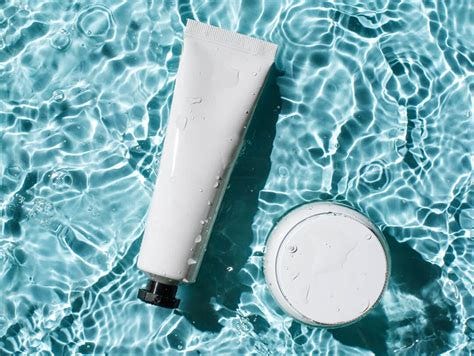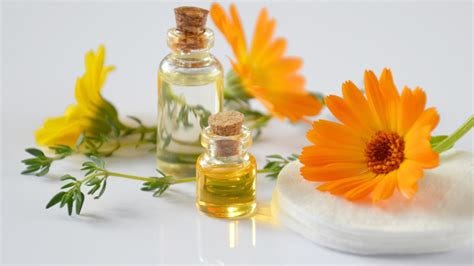Water-Based Vs Oil-Based Moisturizers: What’s the Difference?
The pros and cons of water and oil-based moisturizers plus one surprising find. (4 min read)
Overview
There are two main types of moisturizers. Water-based and oil-based.
The million-dollar question, though, is, “Which is better?” The long and short of it is that it depends on your skin type. They both have benefits, but knowing which is better for your skin is crucial.
Below, we’ll dive into the who, what, and why of both water and oil-based moisturizers. (Plus, we’ll cover one surprising fact I discovered while contemplating this subject.)
Water Based Moisturizers: Pros and Cons
What is water-based skincare?
It is pretty simple to find out if your skincare is water or oil-based. Ready? Turn over your moisturizer bottle. Is the first ingredient water (or aqua)? If so, you’ve got yourself a water based moisturizer.
“Ok, cool. I know what my moisturizer is made of, but how do I know if it’s what I should be using?”
Ok, let’s get down to business. Water-based skincare is lighter, but not as deeply hydrating as oil-based skincare. This makes it optimal for anyone with very oily skin. The downside is that it is not as effective for solving dry skin.
“Got it. So what’s the deal with oil-based moisturizers?”
Read on ↓


Oil Based Moisturizers: Pros and Cons
If you saw something like “jojoba oil,” or “rosehip oil” on your moisturizer when you turned it over about 100 words ago, then you have an oil-based moisturizer.
“So, what is it good for?”
Well, dear reader, oil based skincare is deeply hydrating. Additionally, oils often contain nutritional benefits that can heal the skin barrier. Oils can give skin a plump, radiant complexion that water cannot.
Oils can heal flaky, dry skin.
Why? Well, there are two main reasons that skin becomes dry and flaky. 1) The skin is not producing enough sebum (the skin’s natural oil) and needs supplementation, and 2) The skin barrier is weak and cannot retain moisture. Older skin often suffers from both of these causes. That is why oil-based moisturizers are especially beneficial for older skin.
Oils that are similar to our skin’s oil (like tallow) provide the supplementation that our skin needs.
Fun Fact: There is a popular myth that oil-based moisturizer lead to breakouts.
Another Fun Fact: It’s not true.
Conclusion
The long and short is that water based moisturizers will be lighter but not as deeply moisturizing as oils based ones.
Oil-based moisturizers deeply moisturize, contain nutritive benefits, can give the skin a radiant complexion, and are especially beneficial for aging skin.
Now, as promised, my surprising discovery:
While researching this subject I kept seeing the phrase “Water (or oil) based moisturizers have water (or oil) as the solvent.”
I got to thinking, “If they are just the solvents, what are they mixing in there?” Well, oftentimes the water or oil are just the vehicle for the active ingredients. This is where many potentially toxic chemicals can come in. For more information on toxic chemicals in skincare, check out my blog post ↓↓
3 Cosmetic Ingredients You Should Avoid
Intro Many modern cosmetics contain potentially hazardous chemicals.
“Ok, Serena. With you everything leads back to tallow so what does all of this have to do with tallow?”
I’m glad you asked. Well, the more I thought about how they are adding potentially toxic chemicals to water and oil based skincare, the more grateful I was for tallow.
Tallow naturally contains many beneficial elements for our skin such as fat soluble vitamins, and omega fatty acids.
“So, when you make tallow moisturizer, it is the tallow itself that is helping my skin, and it’s not just the vehicle for other ingredients?”
That is right! Areté Tallow’s tallow moisturizer contains grass fed tallow, organic jojoba oil (because tallow is to hard to spread by itself), and organic essential oils (if you want ‘em). Clean and simple!
Our skin was not made for chemicals and it does not thrive when it is exposed to them. That is why we have made our tallow moisturizer which is specially formulated to help our skin thrive the way it was meant to. Check it out!
Thank you for reading,
Serena Atkinson





